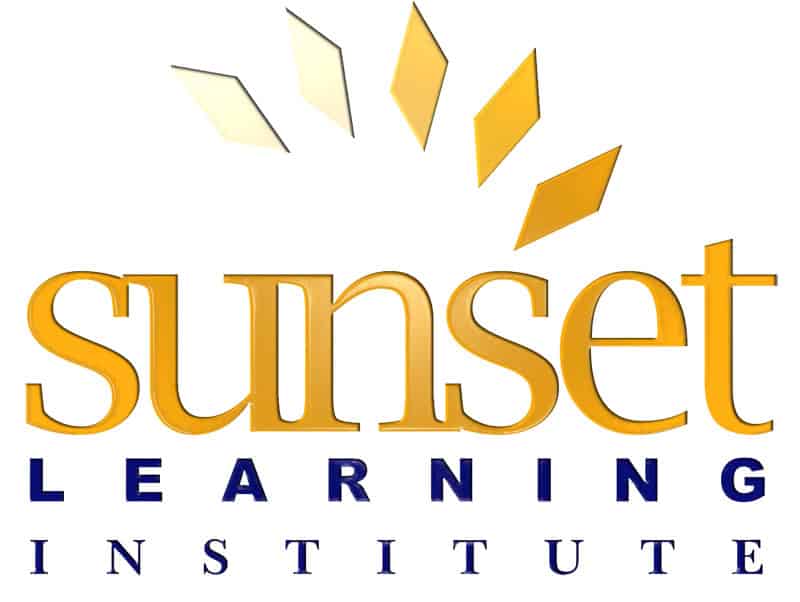DNS Domain-Name Resolution Webinar
By David Beck | 51 Min Video | Technical Level: Beginner
Join Men & Mice Instructor, David Beck, in exploring DNS Domain-Name Resolution. An in-depth look at the fundamentals of DNS, domain-name resolution. In detail, we will track queries from a client, to a resolver, to authoritative servers, and back. We will look at the DNS message for the queries, including the relative flags. We will examine how resolver caching effects name resolution. Key terms such as delegation, referral, iterative, and recursion will be explained and contrasted.
Key Topics:
- Resolution – 1:15
- Name Resolution in Pictures – 5:53
- Recursive vs. Iterative Queries – 33:57
- Caching – 40:31
DNS-BIND Week Class Description:
Nothing is taken for granted, and the labs begin by downloading, compiling, and installing BIND. Each student creates BIND configuration from scratch for authoritative and recursive servers. They create zone files from scratch for an authoritative masters. DNS tools such as dig,rndc, named-checkconf, & named-checkzone, are taught in-depth and used extensively in the labs. Those with previous DNS and BIND skills report that the start of the course, which assumes nothing, fills in knowledge gaps, corrects misconceptions, and that it moves on to unknown topics and new material. Hands-on and full of laboratory exercises.
Recently, we have added four new sections on DNS Cookies, Response Policy Zones (RPZ), Response Rate Limiting (RRL), and dnstap. Many new labs have been added, including several problem solving and debugging labs along with additional quizzes.
DNS & BIND Week can be taken as two independent courses, DNS & BIND Fundamentals (DNSB-F) and DNS & BIND Advanced (DNSB-A). However, DNSB-W comes at a discount of $150 off the price of the individual courses and is recommended for most participants.
While implementation details are specific to BIND, the course’s theory and the practical skills gained in the labs are applicable to all DNS systems. DNS has many exotic, outdated, and rarely implemented features. Those are not covered!

